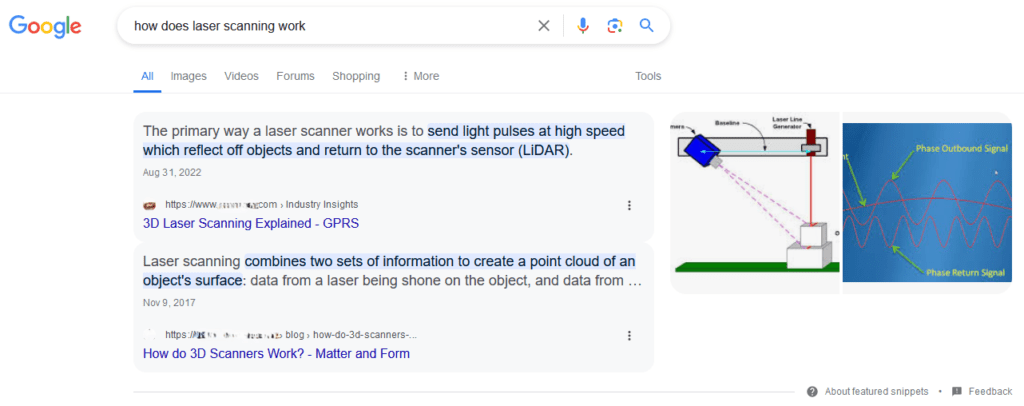Google’s Passage Ranking update aims to identify and rank individual passages from web pages, making it easier for users to find specific information within longer content. Optimizing your website for this update can significantly improve your search visibility. Here’s a comprehensive guide on how to do it.
Understanding Passage Ranking

Google Passage Ranking focuses on understanding and ranking specific sections of a webpage independently. This means that even if the overall page isn’t perfectly optimized, a well-written, relevant passage can still rank well in search results.
Steps to Optimize Your Website
1. Create Clear, Structured Content
- Use Headings and Subheadings: Break your content into sections with clear, descriptive headings and subheadings. This helps Google understand the context of each section.
- Use Bullet Points and Numbered Lists: Lists are easy to read and highlight key points effectively.
- Write Concisely: Avoid long-winded explanations. Get straight to the point while providing enough detail to be helpful.
2. Focus on Specific Topics
- Niche Down Your Content: Focus on specific, niche topics rather than broad subjects. This makes it easier for Google to identify relevant passages.
- Answer Specific Questions: Structure your content to answer specific questions your audience might have. This approach aligns with Google’s goal to provide direct answers.
3. Optimize On-Page SEO Elements
- Use Descriptive Titles and Meta Descriptions: Ensure each page has a unique title and meta description that accurately describes the content.
- Include Keywords Naturally: Integrate relevant keywords into your headings and throughout your content, but avoid keyword stuffing.
4. Improve Content Readability
- Use Simple Language: Write in a way that’s easy to understand. Avoid jargon unless necessary, and always explain complex terms.
- Short Paragraphs: Keep paragraphs short to enhance readability and make it easier for Google to extract relevant passages.
5. Enhance User Experience
- Fast Loading Times: Ensure your website loads quickly. Use tools like Google PageSpeed Insights to check and improve your site’s speed.
- Mobile-Friendly Design: Optimize your site for mobile devices. Google prioritizes mobile-friendly websites in its rankings.
6. Internal Linking
- Link to Relevant Passages: Use internal links to direct readers to specific passages on your site. This helps Google understand the importance and context of these passages.
- Use Descriptive Anchor Text: Ensure the anchor text for your links is descriptive and relevant to the content of the linked passage.
7. Leverage Structured Data
- Schema Markup: Implement schema markup to help Google understand the context of your content. Use structured data to highlight key information like FAQs, how-to guides, and more.
8. Quality and Relevance
- Regularly Update Content: Keep your content up to date with the latest information and trends.
- Provide Value: Ensure your content provides real value to your readers. This increases engagement and the likelihood of your passages being ranked.
9. Analyze and Adapt
- Use Analytics Tools: Monitor your site’s performance using tools like Google Analytics and Google Search Console. Track which pages and passages are performing well.
- Adapt Your Strategy: Based on your analysis, adapt your content strategy to focus more on the types of content and topics that perform best.
Conclusion
Optimizing your website for Google’s Passage Ranking involves creating well-structured, clear, and concise content that focuses on specific topics. Enhance user experience, leverage internal linking, and use structured data to highlight key information. Regularly update your content and use analytics to adapt your strategy. By following these steps, you can improve your website’s visibility in search results and provide valuable information to your audience.









